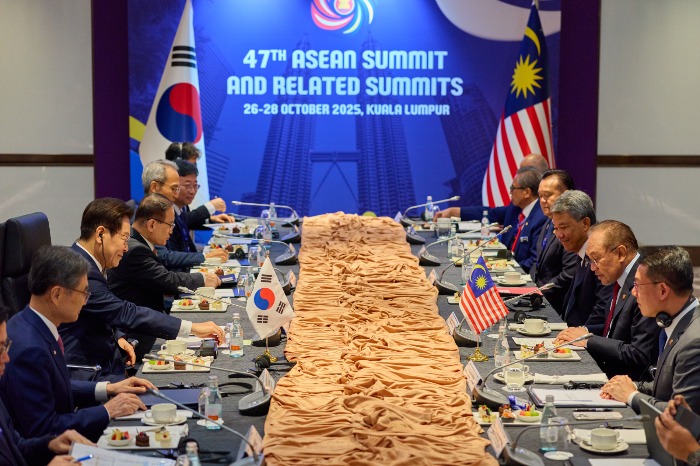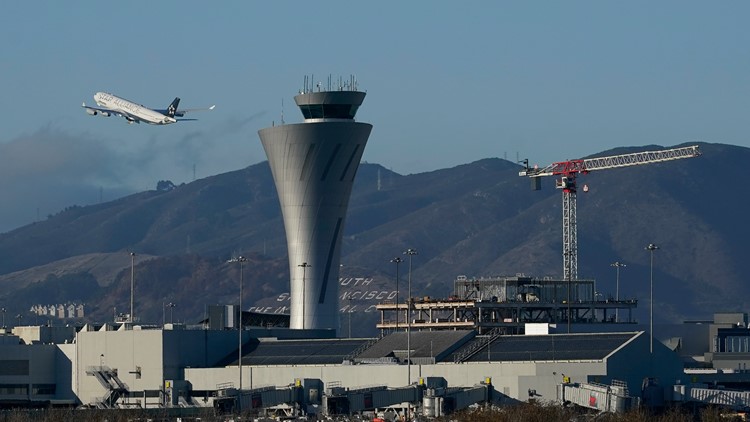UPDATE: South Korea and Malaysia have just finalized a transformative free trade agreement during the 47th ASEAN summit in Kuala Lumpur on October 26, 2025. This landmark pact, culminating six years of negotiations, promises to significantly boost exports of South Korean automobiles and steel products, marking a major shift in economic relations with one of its key Southeast Asian partners.
The agreement is a crucial component of South Korea’s strategy to deepen ties with Southeast Asia, aiming to diversify its trade portfolio away from an over-reliance on the US and China. South Korean President Lee Jae Myung announced plans to escalate annual trade with ASEAN nations to $300 billion, a substantial increase from last year’s $192.8 billion.
Under the new trade deal, Malaysia will eliminate tariffs on 682 products, while South Korea will do the same for 288 products. This change will open the door for South Korean automakers to penetrate Malaysia’s burgeoning car market, currently dominated by local brands like Proton and Perodua, which together hold a remarkable 70% market share.
Key components of the deal include the abolition of tariffs on essential electric vehicle parts, reducing duties on finished electric SUVs from 30% to 15%. South Korean steelmakers will also benefit, with tariffs on nine critical cold-rolled products being removed, while rates on hot-rolled steel will drop from 15% to 10%.
In exchange, South Korea will expand its market for Malaysian agricultural and marine products, including tropical fruits like durian and pineapple, and shellfish. Notably, Malaysia has agreed to lift foreign ownership limits in its automotive sector, paving the way for increased Korean investment in electric vehicle production and component assembly.
Officials view this pact as a strategic stepping stone, potentially paving the way for expanded free trade agreements with other ASEAN countries. This follows South Korea’s previously established deals with Singapore, Vietnam, Cambodia, Indonesia, and the Philippines.
While the agreement now awaits ratification in both nations, trade officials in Seoul are optimistic that it will bolster economic cooperation and mitigate geopolitical risks amid the escalating US-China trade tensions.
As this deal unfolds, the implications for both economies are profound, with expectations for increased job creation, investment opportunities, and enhanced consumer choices in both nations. Stay tuned for further updates as this developing story progresses.







